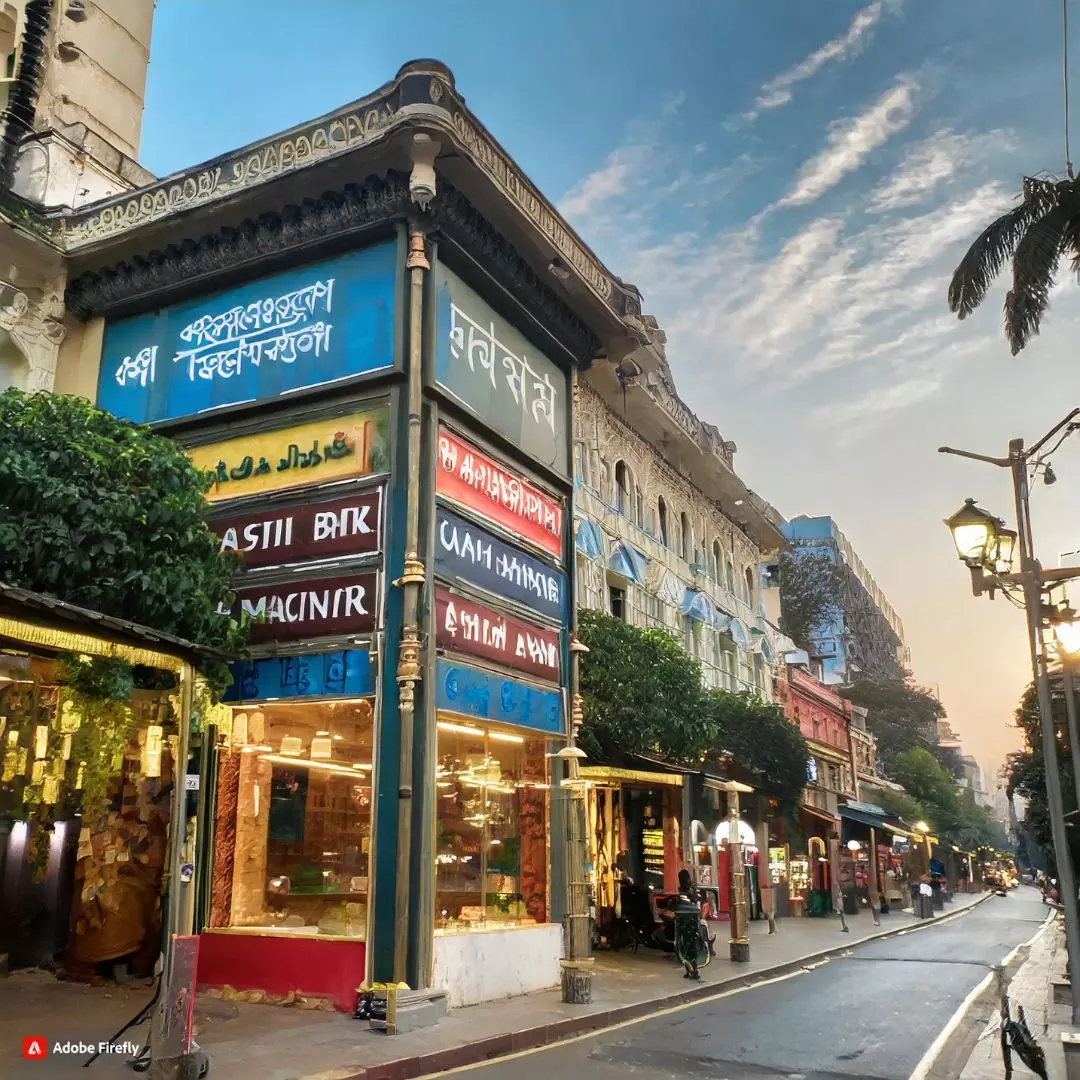In a bid to promote the use of the local language, the Bruhat Bengaluru Mahanagara Palike (BBMP) has issued a directive to shops across Bengaluru, urging them to prominently feature at least 60% Kannada on their signboards. Failure to comply by February 28 may result in the revocation of trade licenses and legal repercussions for non-compliant businesses. This move has reignited the longstanding debate over language preferences in the Karnataka capital.
The Chief Commissioner of BBMP, Tushar Giri Nath, announced that the administration is set to identify businesses that do not adhere to the new language requirement. During a meeting with Karnataka Rakshana Vedike (KRV), an organization advocating for the use of Kannada, Nath stated, “There are 1400 km of arterial and sub-arterial roads in the city, and all the commercial shops on these roads will be surveyed zone-wise.”
Bengaluru, being a hub for IT-related jobs drawing people from across the country, has grappled with the sensitive issue of language preference for quite some time. The diverse linguistic landscape of the city has led to occasional tensions, with the use of Kannada being a focal point of discussion.
Apart from individual shops, shopping complexes, and malls under BBMP’s jurisdiction have been given a grace period of 15-20 days to comply with the new regulation. This extension is granted to allow larger establishments the time needed to implement the necessary changes, reported Zee News.
In October, Chief Minister Siddaramaiah emphasized the significance of using Kannada, once again bringing the language issue into the spotlight. He remarked, “Everyone living in this state should learn to speak Kannada. We are all Kannadigas. People speaking different languages have settled in this Kannada land since the unification of Karnataka.”
As the deadline approaches, the BBMP’s directive has spurred conversations on the delicate balance between cultural identity and linguistic diversity in Bengaluru. The enforcement of the 60% Kannada mandate on signboards is viewed by some as a step towards preserving the cultural fabric of Karnataka, while others argue for a more inclusive approach considering the city’s cosmopolitan nature. The language row continues to unfold, prompting businesses and residents alike to contemplate the implications of this civic order on the vibrant tapestry of Bengaluru.
Also Read: France Detains Nicaragua-Bound Plane Carrying Over 300 Indians, Flight Lands In Mumbai












